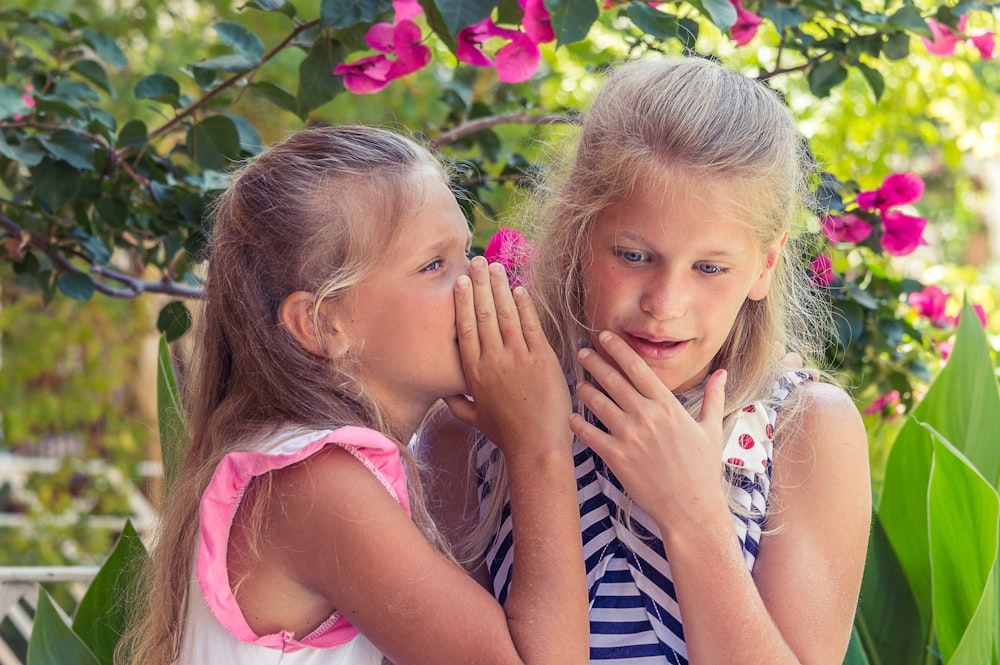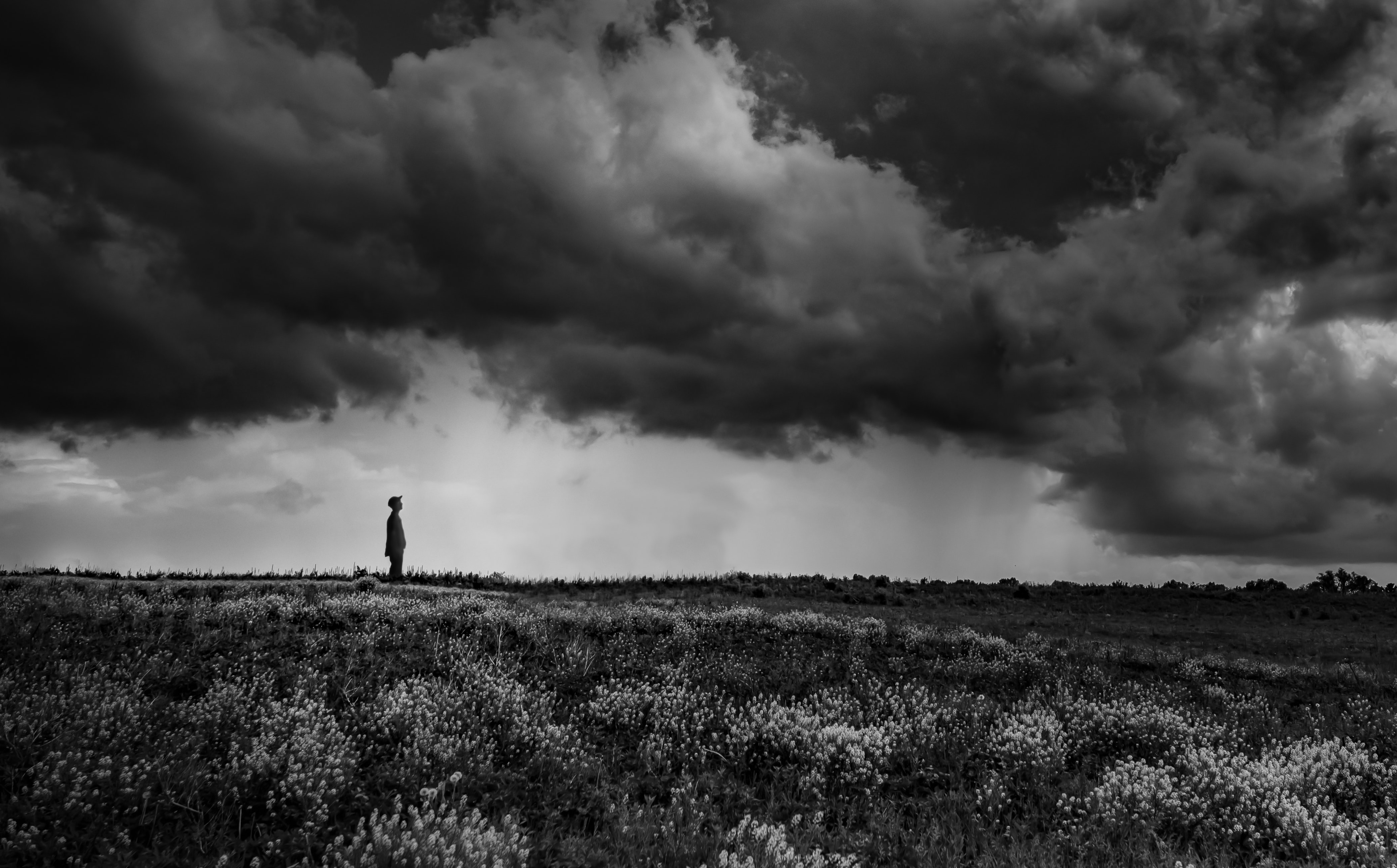What is the point of communication?
In our relationships communication enables us to feel valued, heard and understood by those around us.
It has many functions:
- We use communication as a way to persuade those around us, whether its to agree with something we have said or to reason with our child who is refusing to clean their teeth in the morning.
- We use communication as a way to give information, for example the teacher in a classroom.
- We use communication to ask for help or guidance, seeking support from those around us
- We use communication to express emotions and to connect and form relationships with those around us.
Effective communication is a two-way process. It relies upon someone being willing to truly listen but also on us communicating our message well and this is the first obstacle we face.
In order to get our message across we need to communicate in a clear and concise manner which is never easy especially if we have little knowledge of the influences from our past shaping our thoughts and feelings.
If you are anything like me, before I speak, my brain is already calculating all the possible directions that the conversation might take, both positive and negative. I also have the message that I grew up with running round my brain telling me that “I can’t rock the boat”.
On top of this I also have my emotions to manage, fear of upsetting the person I am talking to, or my anxiety of saying something that can be misconstrued. (Incidentally – I can’t control any of this but my conditioning tells me that if someone is to receive my message in a manner other than it was intended that this is may fault.)
The second obstacle is our body language. From an early age we are taught to read nonverbal body language such as facial expressions, posture and atmosphere. When listening to conversations it would be easy if body language supported the message that we are communicating however, this is sometimes not the case.
I have often had conversations with people where they have been telling me how positive they have been feeling, but I can see how tired they look, how when they smile at me, the smile doesn’t reach their eyes and the refusal to make eye contact.
I realise that what they are saying does not match the non-verbal messages that I am receiving.
When this happens, as a listener I have two options.
1) to accept the verbal communication as true and carry on with the positive tone of the conversation, ignoring the mixed message that the non-verbal body language is portraying.
2) to question whether the person I am talking to is really feeling positive as their body language suggests otherwise. If I am to be a good listener – I’m not just ‘listening’ to what is being said
It takes courage and genuine interest to query the mismatch between verbal and body language, but by doing so it can encourage a person to be honest and may encourage them to open up and talk about how they are really feeling.
When asked how we feel, it is very common for many of us to just respond with “fine.”
This may be down to many reasons; not wanting to burden other people, not knowing what to say, hoping the feelings will just go away, guilt, shame, embarrassment, anger. But what do we gain by not being honest? If the person asking is genuine, they are likely to want to listen.
From the listeners point of view – if we all follow option 1 and accept the “surface level” conversation, never going any deeper than “I’m fine,’ we create a society where isolation becomes normal, society becomes disconnected and mental health begins to suffer.
I wonder if when we accept ‘fine’ it’s because we don’t actually care? Or is it that we just aren’t attuned to listening or comfortable to really ask ‘how are you?’ If you aren’t ready for an honest response…why ask in the first place.
If the point of communication is to get our message across and help us feel heard and understood by those around us, then we need to be those who are equally willing to listen as be honest.
Without such an approach we will struggle to clearly communicate our message will get lost in translation.
























